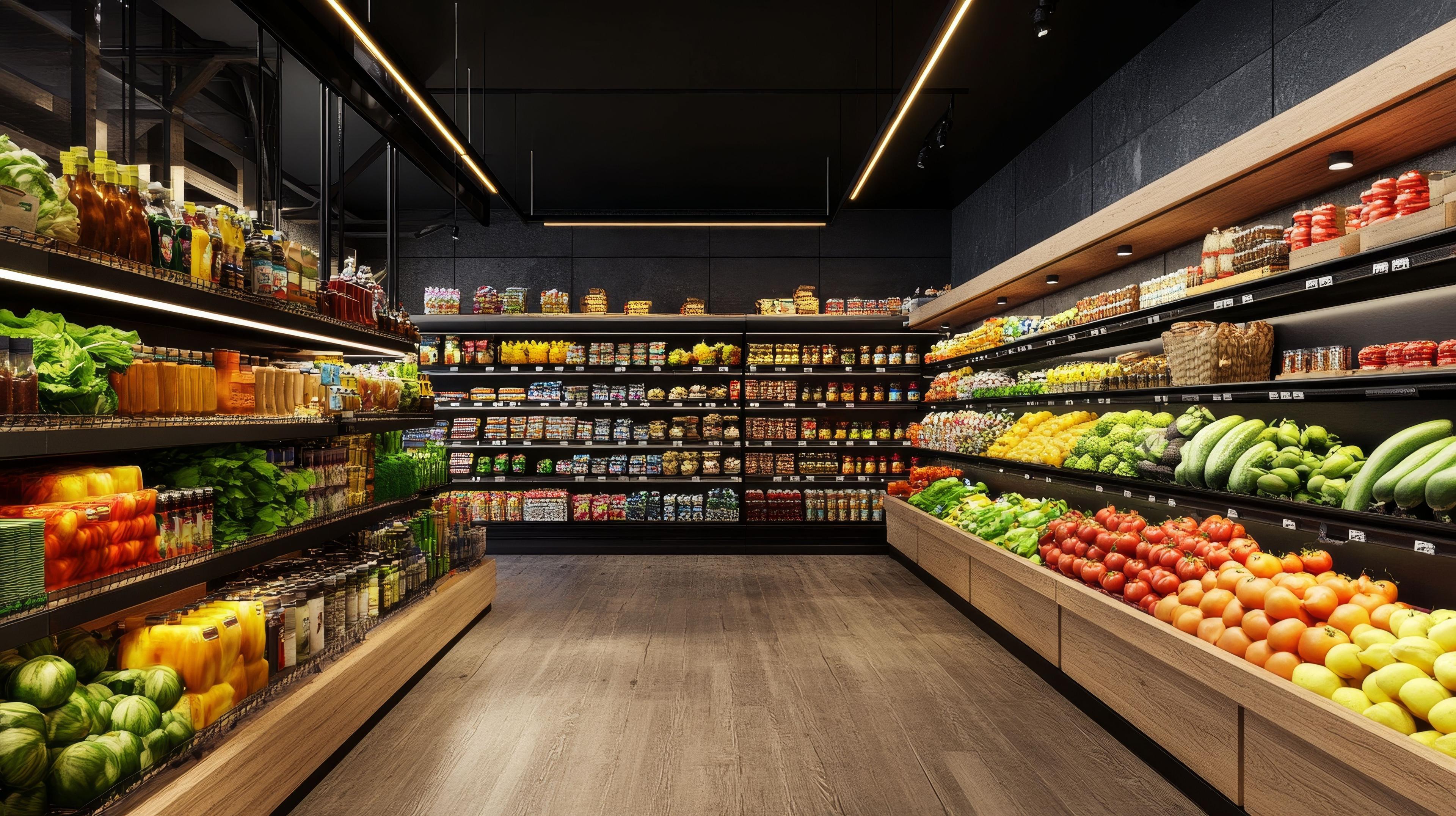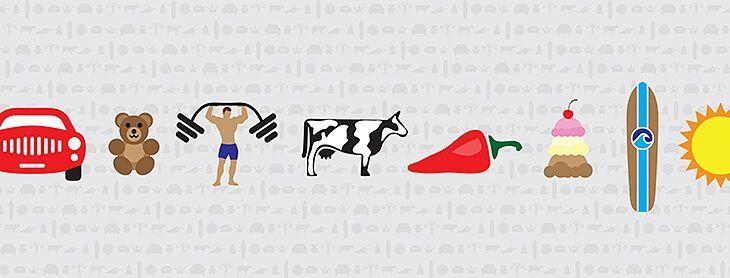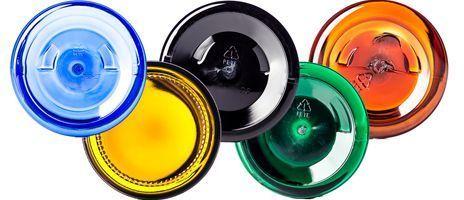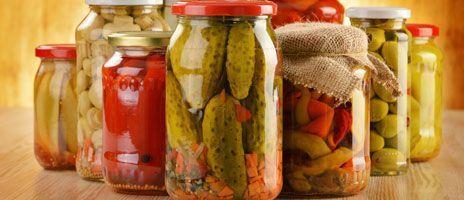The Benefits of Metal Containers for Food Safety


Food safety is a critical concern for both consumers and businesses. The packaging used to store, transport, and preserve food plays a significant role in ensuring freshness, preventing contamination, and extending shelf life. Metal containers, such as aluminum and tinplate cans, offer superior food safety benefits compared to other packaging materials like plastic or glass. Their durability, non-reactivity, and ability to provide an airtight seal make them an ideal choice for food packaging.
In this blog, we explore the various benefits of metal containers for food safety and why they remain a trusted solution in the food industry.
1. Protection Against Contamination
Metal containers create a strong barrier against external contaminants, including bacteria, air pollutants, and moisture. Unlike plastic, which can degrade over time, metal packaging maintains its structural integrity, ensuring food safety.
Key Benefits:
- Airtight Sealing: Prevents bacteria and pathogens from entering the food.
- Tamper-Proof Design: Metal cans often feature tamper-evident seals, reducing the risk of product tampering.
- Resistance to Leaks: Unlike plastic, metal does not develop microcracks that could lead to contamination.
Case Study: Metal Packaging in Infant Formula
The infant formula industry relies heavily on metal containers to ensure product safety. Airtight seals and tamper-proof lids guarantee that the formula remains sterile until opened. This extra layer of protection is crucial for newborns and infants who are particularly susceptible to foodborne illnesses.
2. Extended Shelf Life
Metal containers help preserve food for extended periods by protecting against oxidation, light exposure, and moisture.
How It Works:
- Light and Oxygen Barrier: Prevents spoilage caused by exposure to air and UV rays.
- Vacuum Sealing: Keeps food fresh and retains nutrients.
- Heat Resistance: Suitable for sterilization and pasteurization processes, ensuring long-term food safety.
Comparison: Metal vs. Plastic in Food Storage
Unlike plastic containers, which can allow air to permeate over time, metal offers a completely airtight barrier. This makes metal packaging ideal for long-term food storage, reducing food waste and preventing spoilage.
3. Non-Toxic and Chemical-Free Storage
Unlike some plastics that may leach harmful chemicals into food, metal containers provide a safer alternative for food storage.
Advantages:
- BPA-Free Options: Many modern metal cans come with BPA-free linings to eliminate health risks.
- Non-Reactive Surface: Metal does not interact with acidic or fatty foods, preserving taste and quality.
- No Microplastic Contamination: Prevents plastic particles from entering the food supply.
Case Study: Tomato Products in Metal Cans
Tomato-based products are naturally acidic and can break down plastic packaging, leading to potential contamination. Metal containers, particularly those with food-safe linings, provide a non-reactive barrier that keeps tomato sauces fresh and safe for consumption.
4. Durability and Resistance to Damage
Metal containers are highly resistant to physical damage, making them ideal for food transportation and storage.
Key Features:
- Crush-Proof and Impact-Resistant: Unlike glass, metal will not shatter if dropped.
- Leak-Proof Design: Prevents spills and contamination from damaged packaging.
- Temperature Stability: Can withstand extreme hot and cold temperatures without breaking down.
Industry Use: Emergency Food Supplies
Many emergency food supplies and military rations are stored in metal containers due to their ability to withstand harsh conditions. Whether stored in high humidity or extreme cold, metal packaging ensures that the contents remain safe and edible.
5. Sustainable and Eco-Friendly Choice
Sustainability is a growing concern in food packaging. Metal containers are 100% recyclable and contribute to environmental conservation.
Sustainability Benefits:
- Infinite Recyclability: Metal can be recycled repeatedly without losing quality.
- Reduced Food Waste: Longer shelf life minimizes food spoilage and waste.
- Energy Efficiency: Recycling metal uses less energy compared to producing new materials.
Case Study: Metal Packaging in Zero-Waste Grocery Stores
Many zero-waste grocery stores have adopted metal packaging for bulk items. Customers purchase food in durable metal containers that can be refilled multiple times, reducing single-use waste.
6. Versatility in Food Applications
Metal containers are used in a wide variety of food products due to their adaptable nature.
Common Uses:
- Canned Vegetables and Fruits: Preserve freshness for years.
- Ready-to-Eat Meals: Military rations, camping meals, and emergency kits.
- Beverages: Soda, beer, and energy drinks are commonly stored in aluminum cans.
- Baby Formula: Ensures a sterile and contaminant-free product for infants.
7. Regulatory Compliance and Industry Standards
Governments and health organizations set strict standards for food packaging. Metal containers meet and often exceed these safety requirements.
Regulatory Considerations:
- FDA and EU Compliance: Metal packaging meets food safety regulations worldwide.
- Tamper-Proof Standards: Many governments mandate tamper-evident packaging for consumer protection.
- Temperature and Storage Testing: Metal containers undergo rigorous testing to ensure they can withstand various storage conditions without compromising food safety.
Industry Insights:
Major food brands prefer metal packaging to ensure compliance with global food safety regulations. This helps companies maintain consumer trust and product integrity across international markets.
8. Consumer Trust and Market Appeal
Consumers associate metal packaging with reliability, quality, and premium food safety. Studies show that products in metal packaging are perceived as higher quality compared to plastic alternatives.
How Metal Packaging Enhances Brand Trust:
- Perceived Freshness: Consumers believe metal-packaged products retain freshness longer.
- Tamper-Proof Confidence: Visible seals and pop-top lids reassure consumers of product safety.
- Eco-Conscious Buying Decisions: Many consumers prefer products with sustainable packaging, boosting brand reputation.
Case Study: Premium Coffee Brands
High-end coffee brands have moved away from plastic and paper packaging in favor of metal tins. This transition has not only improved the freshness of the coffee but also enhanced the premium feel of the product, leading to higher consumer satisfaction and brand loyalty.
Metal containers provide a safe, durable, and sustainable option for food packaging. Their ability to prevent contamination, extend shelf life, and eliminate toxic exposure makes them a preferred choice for food manufacturers and consumers alike. By choosing metal packaging, businesses can ensure food safety while supporting environmental sustainability.
As food safety regulations become more stringent and consumer preferences shift toward eco-friendly choices, metal packaging is proving to be a long-term solution that benefits both businesses and the planet.
Looking for reliable metal food containers? Explore our high-quality food-safe metal packaging solutions today!




